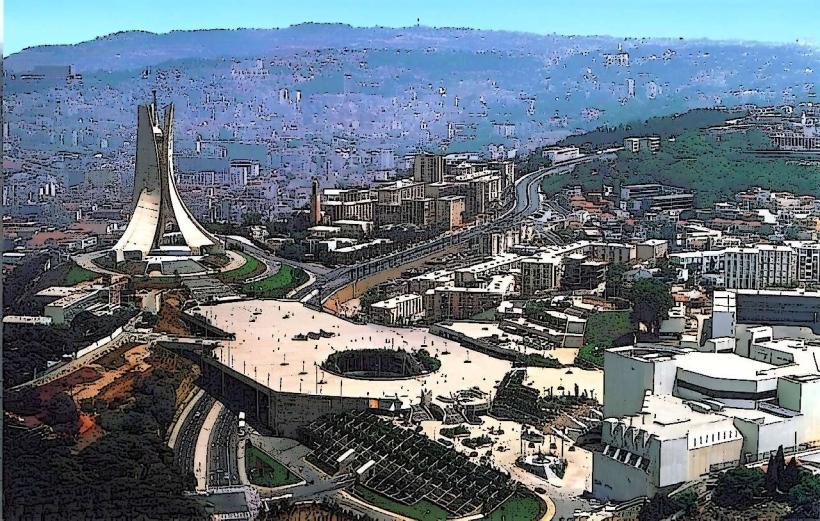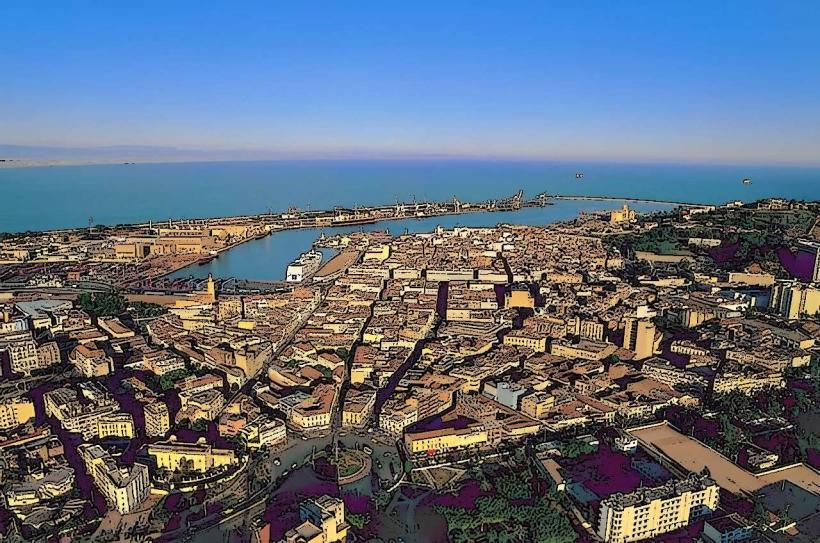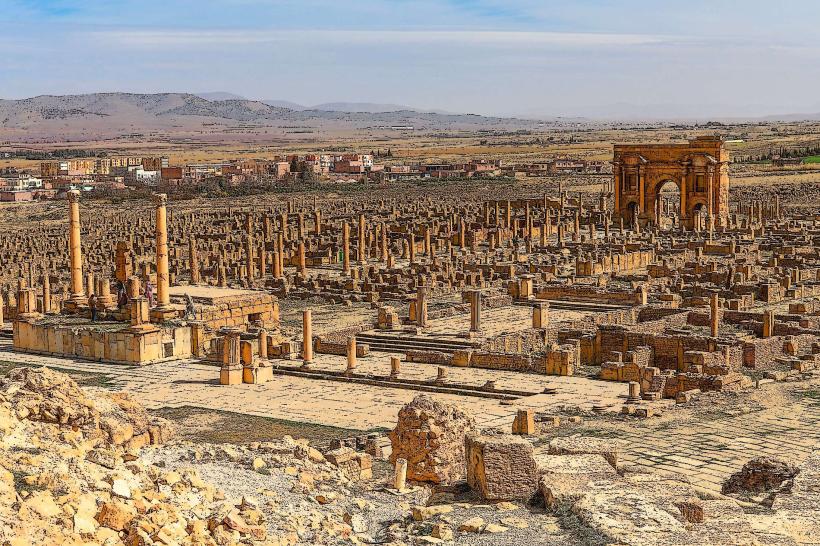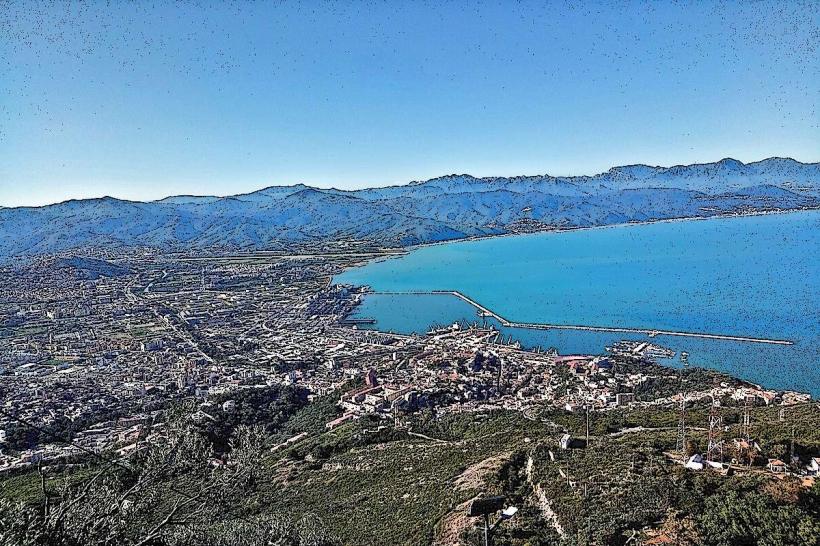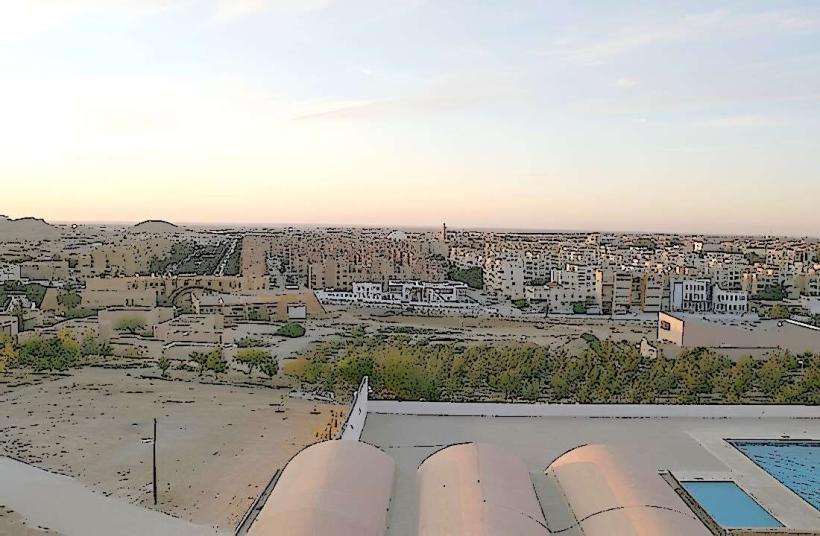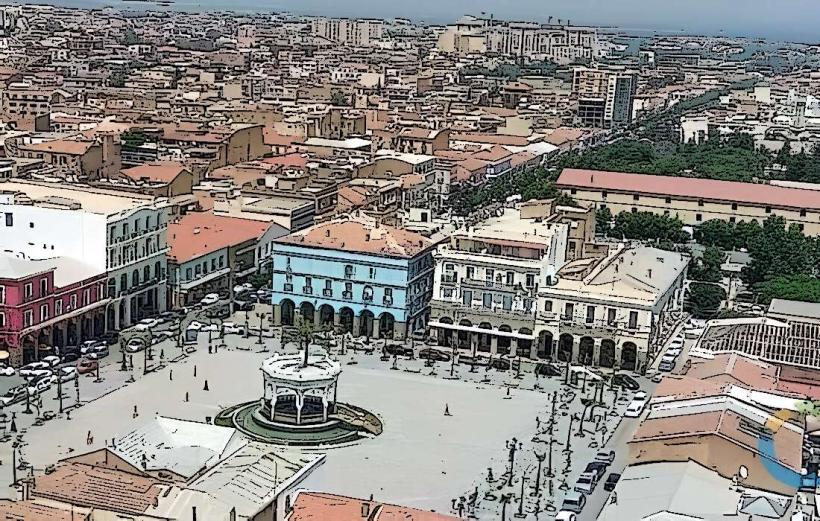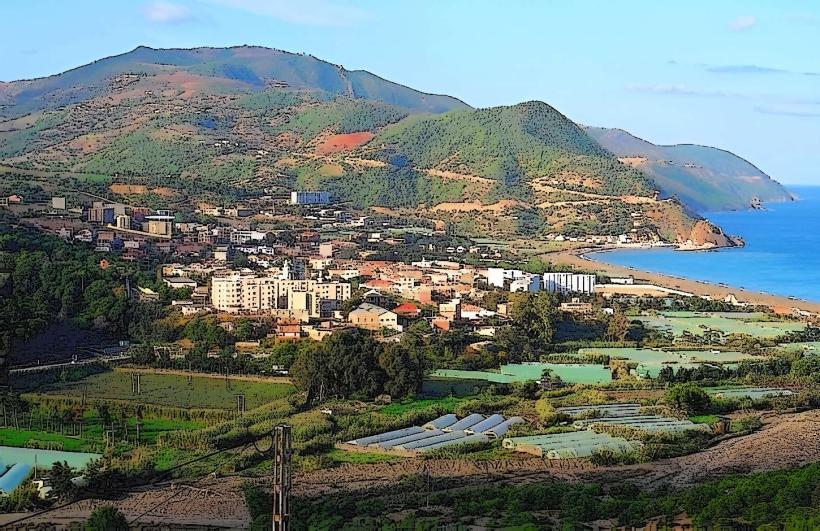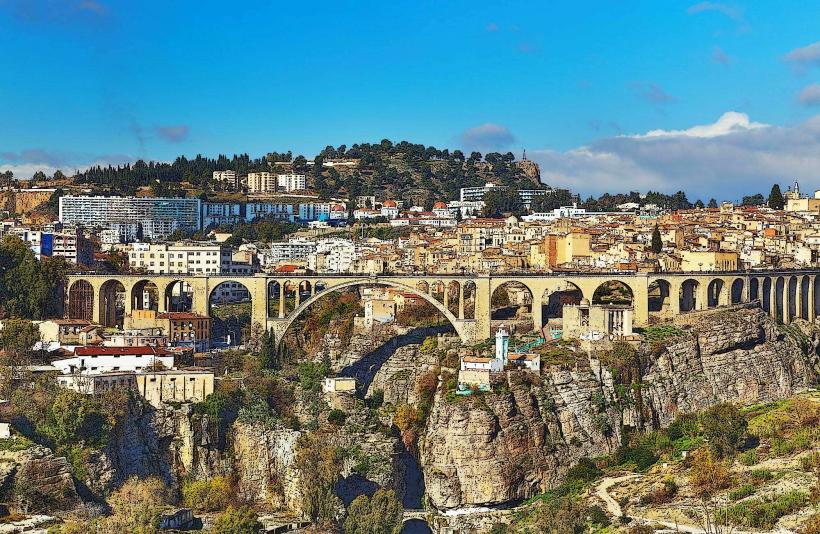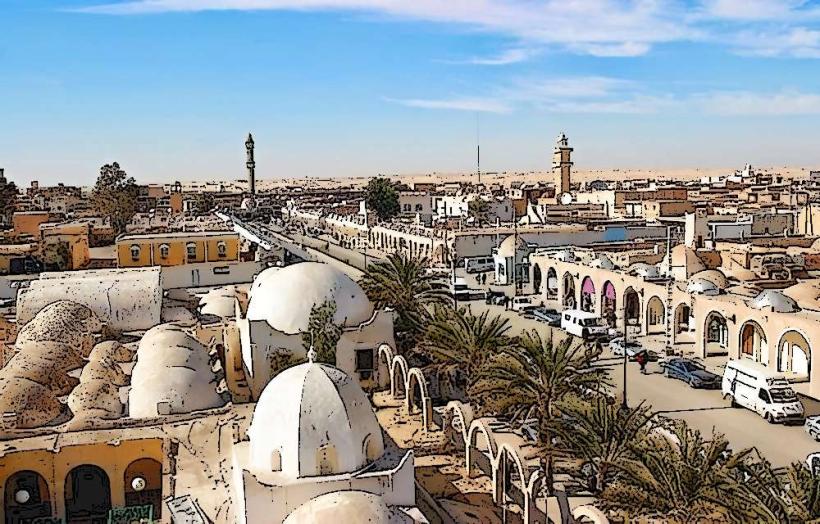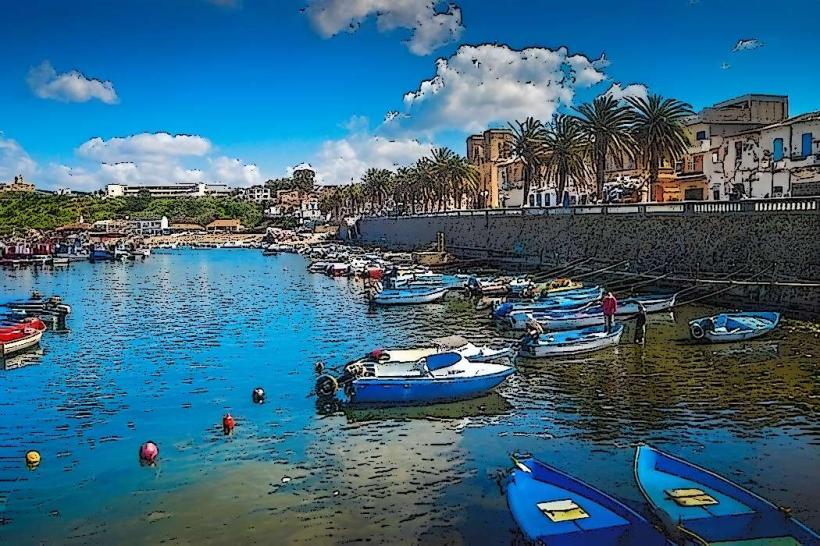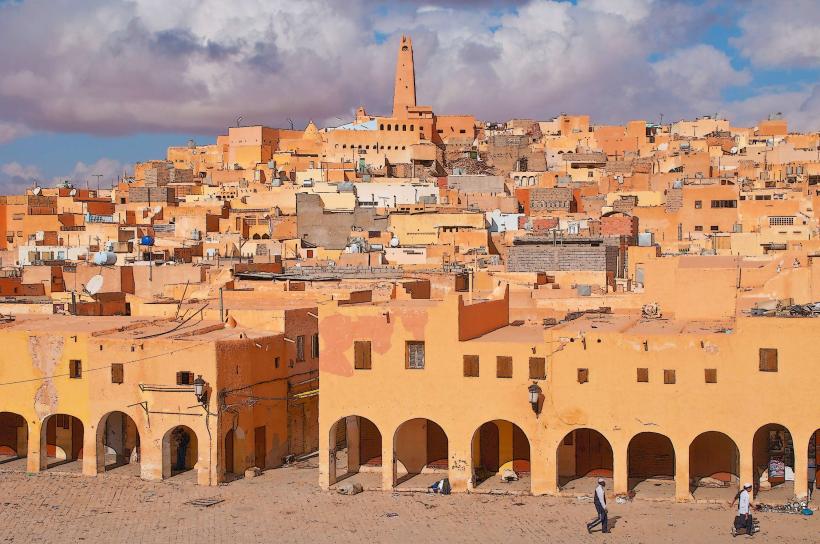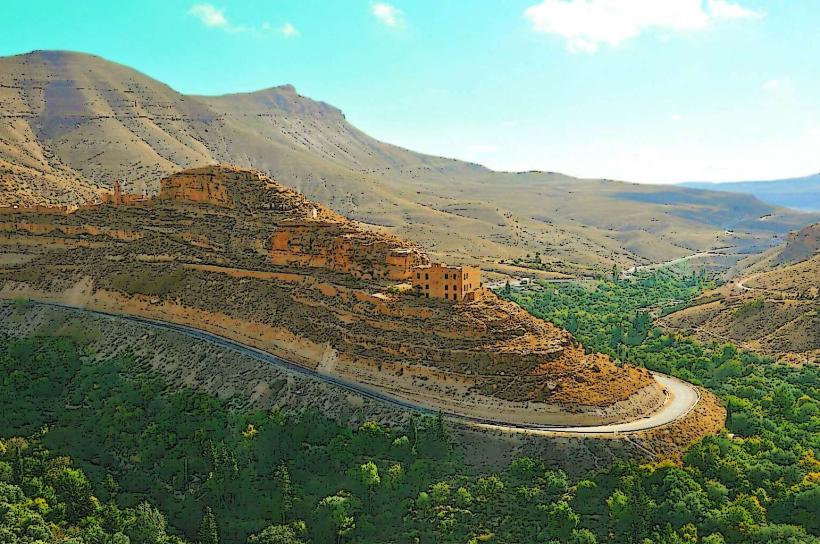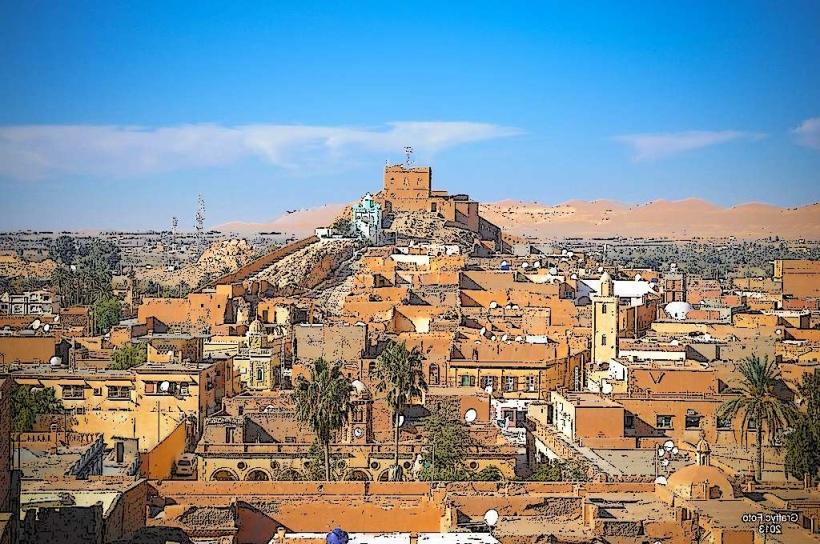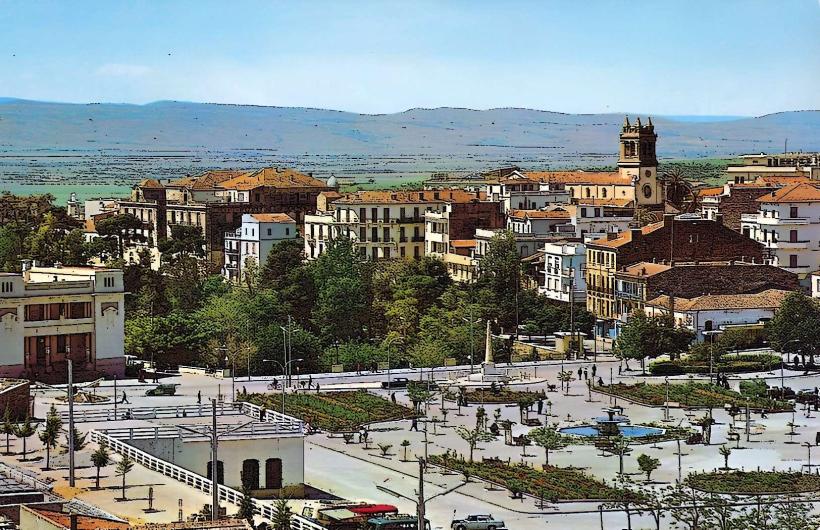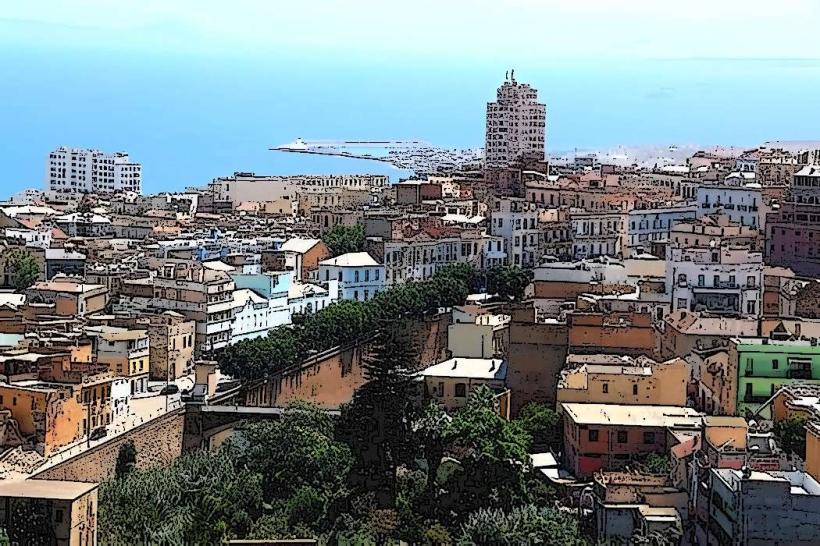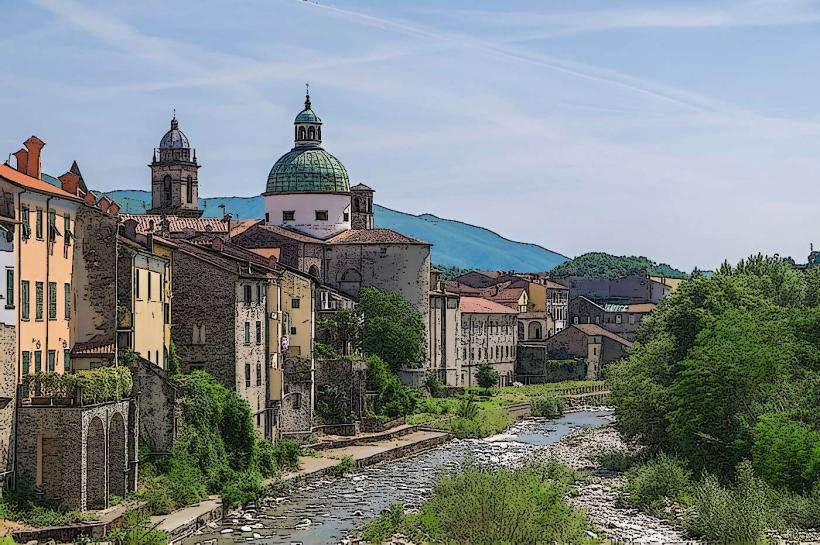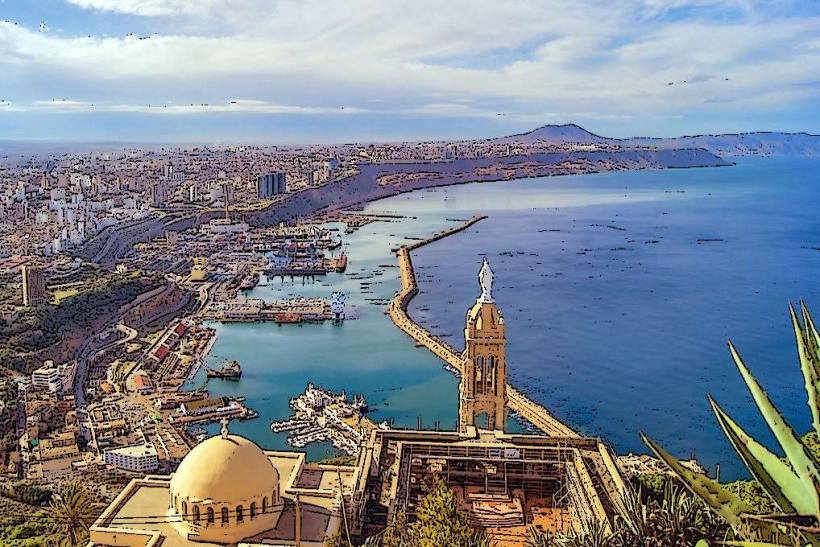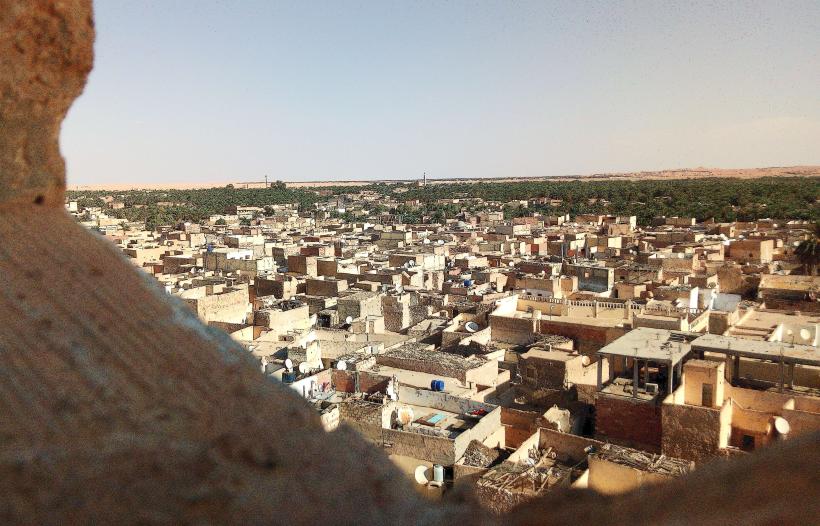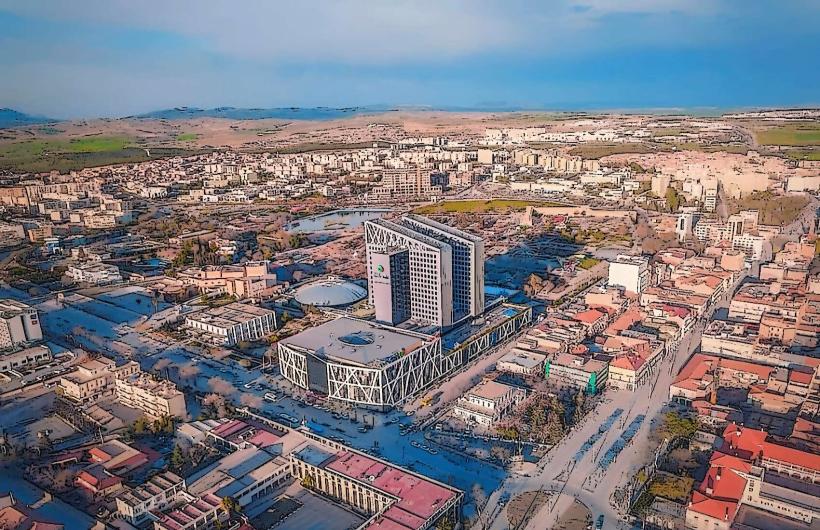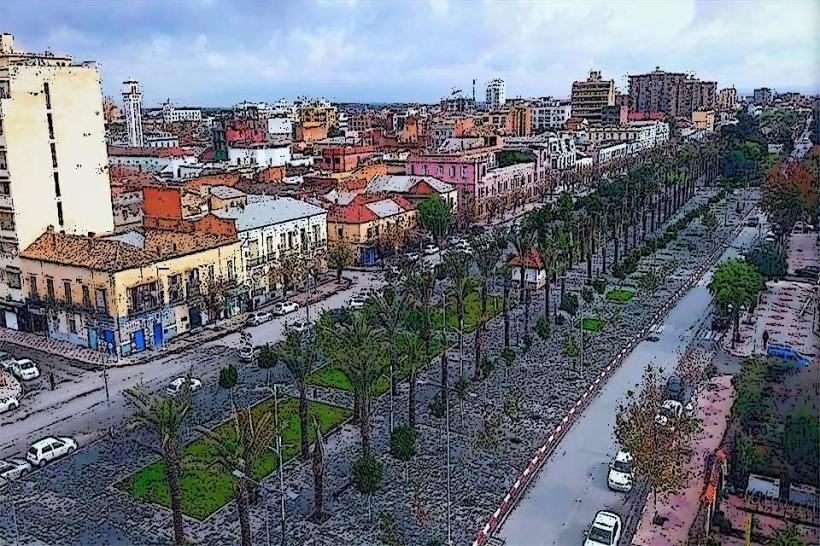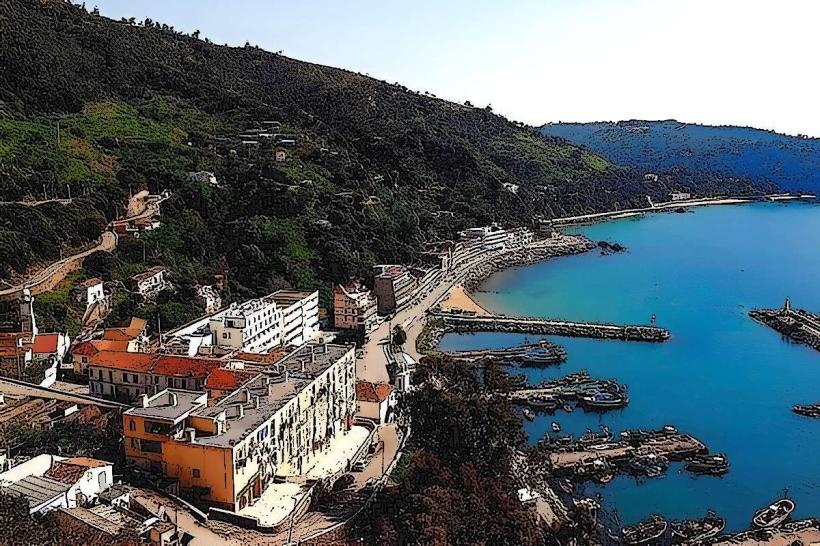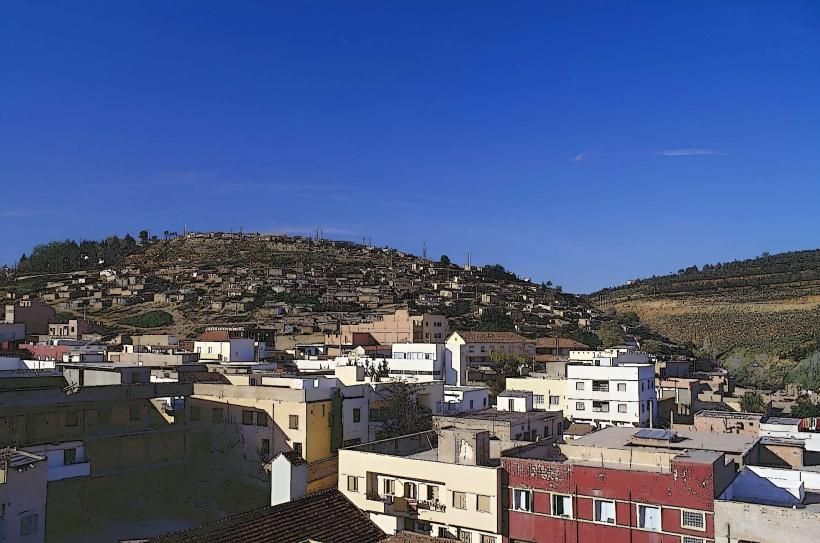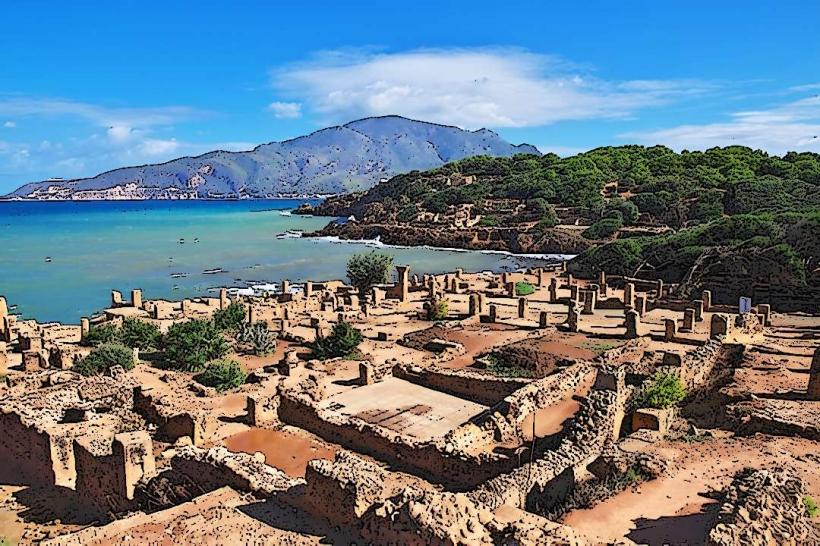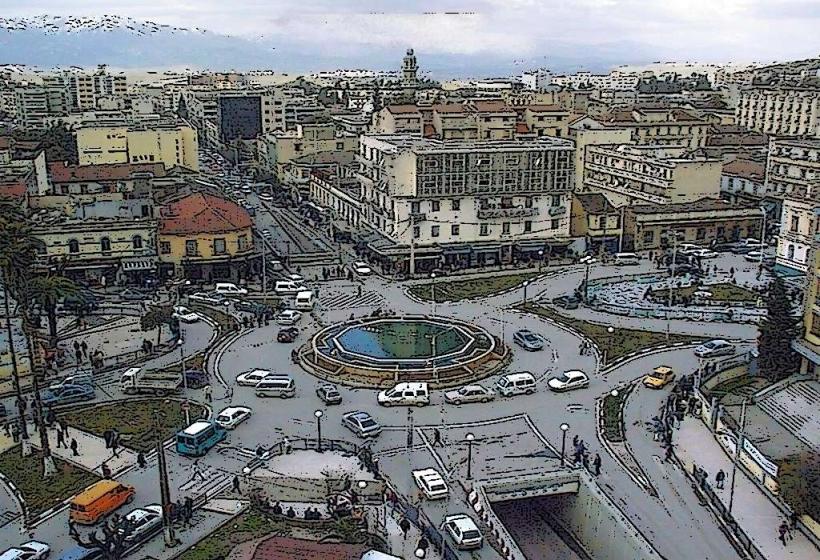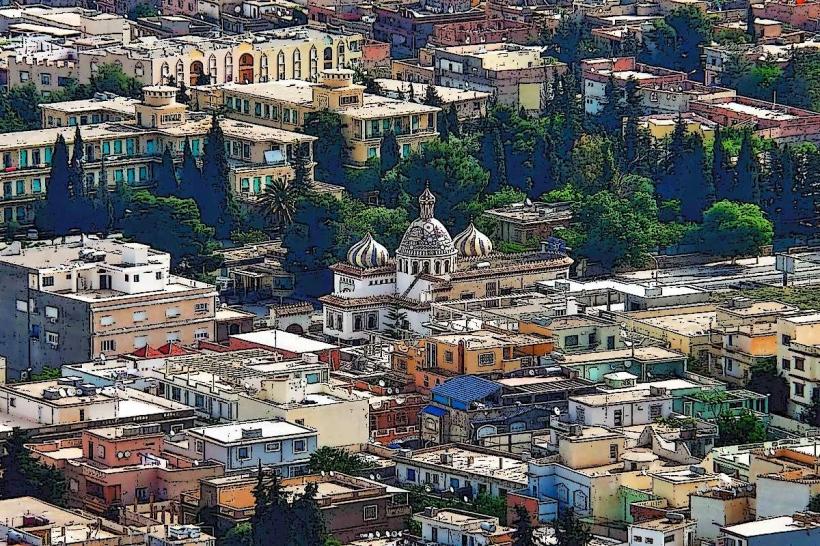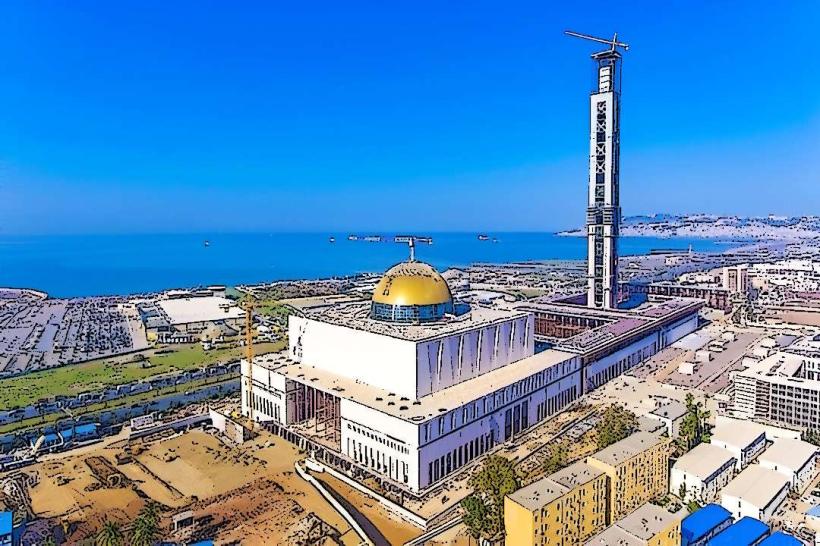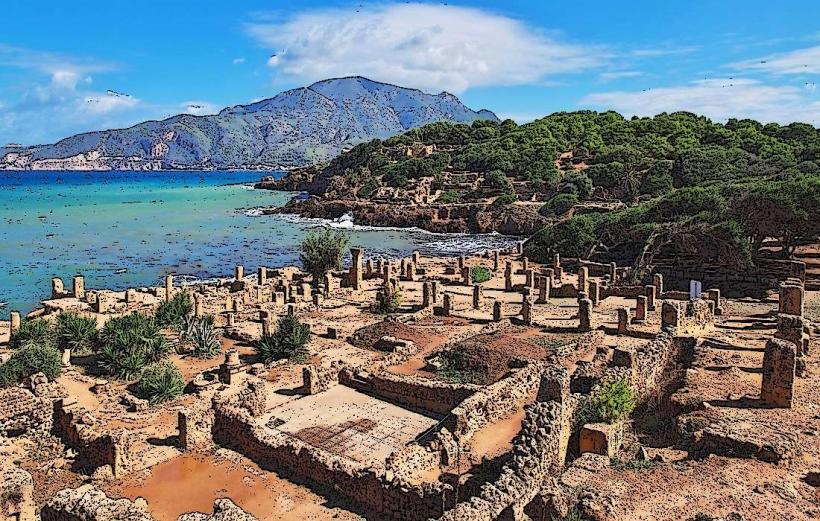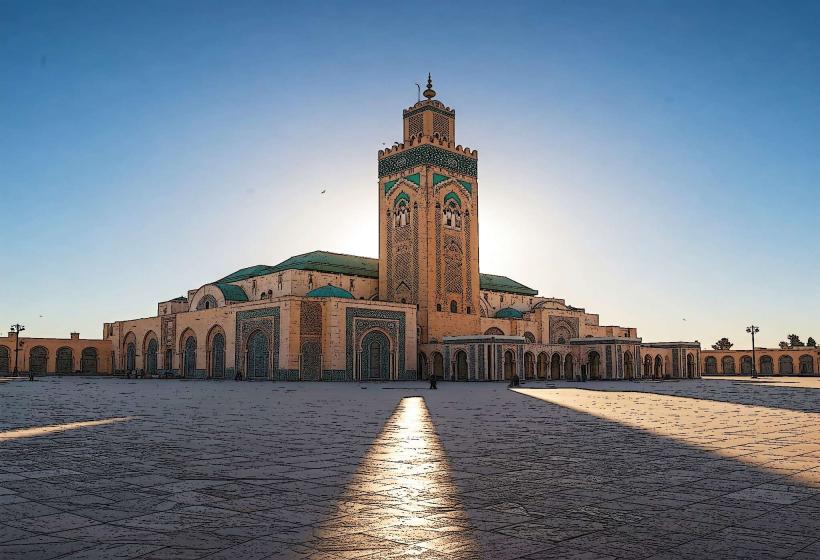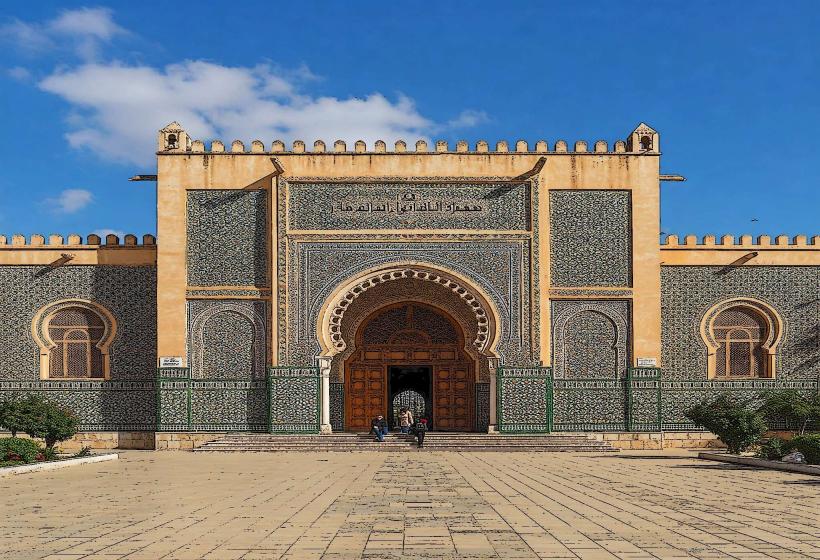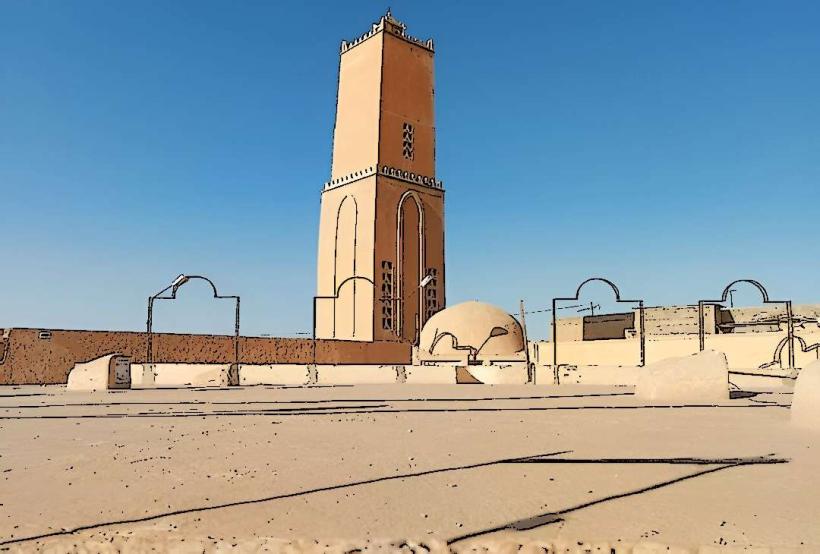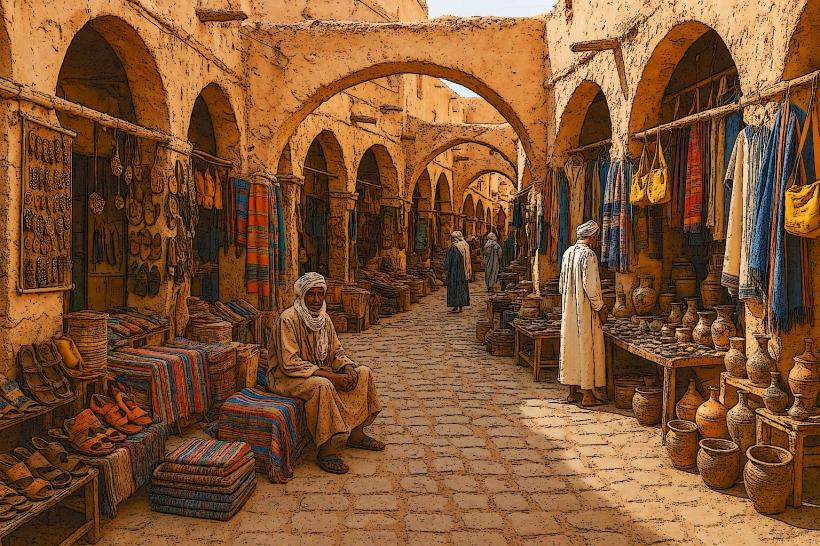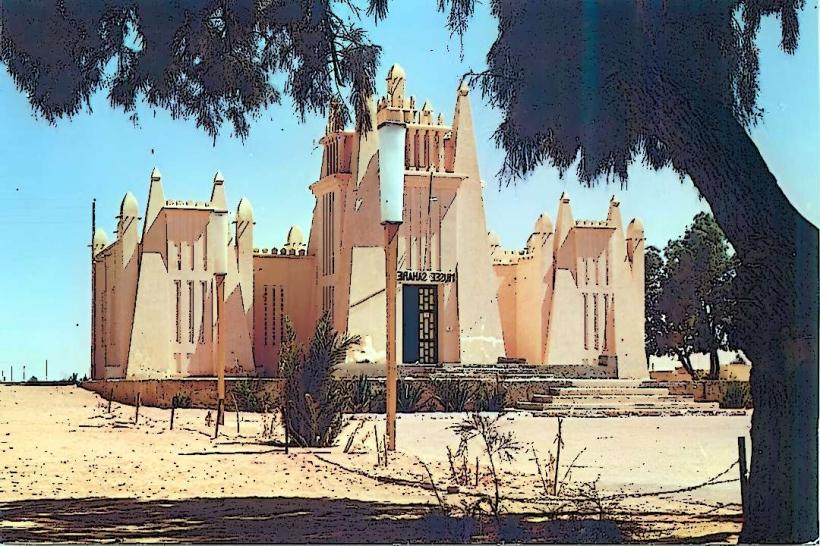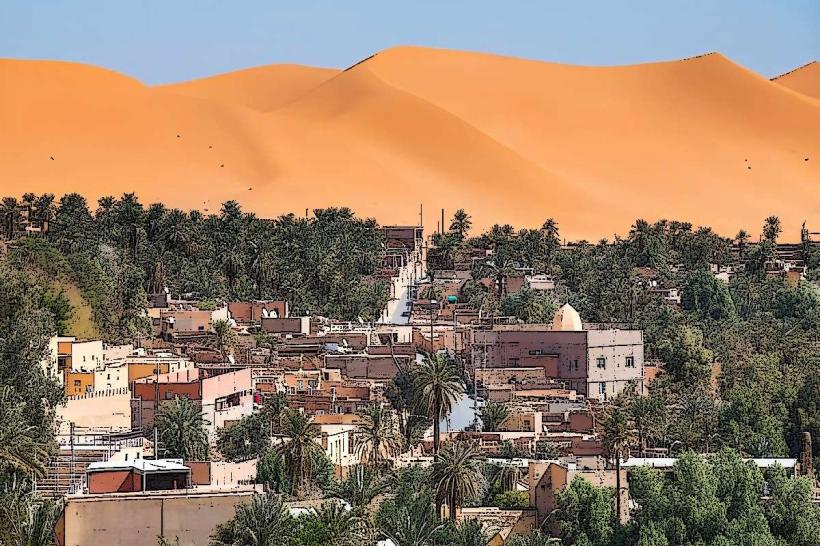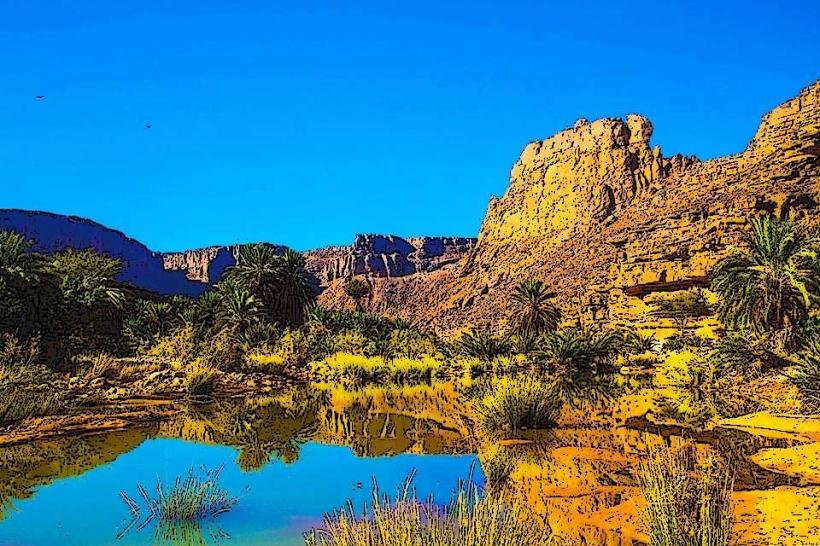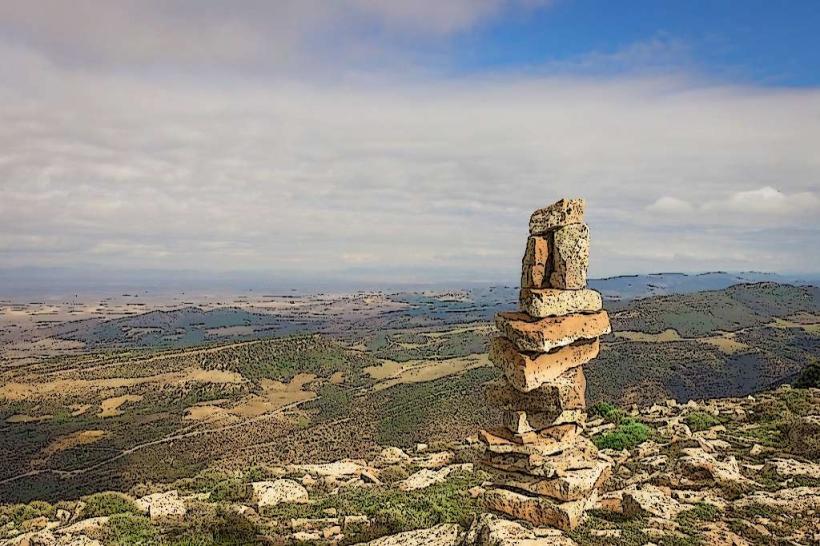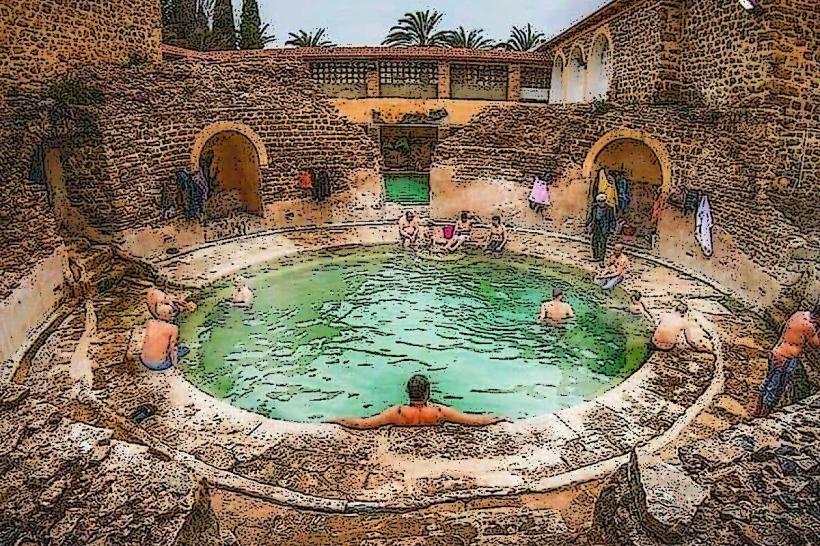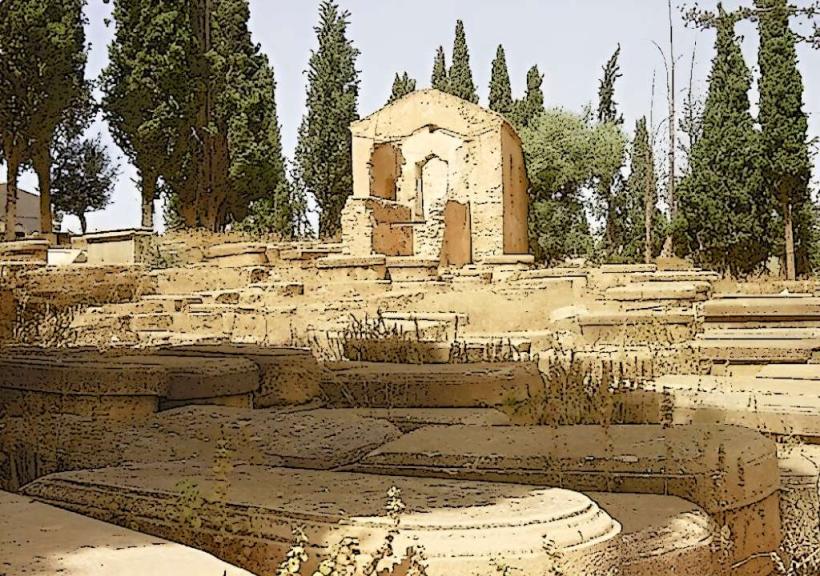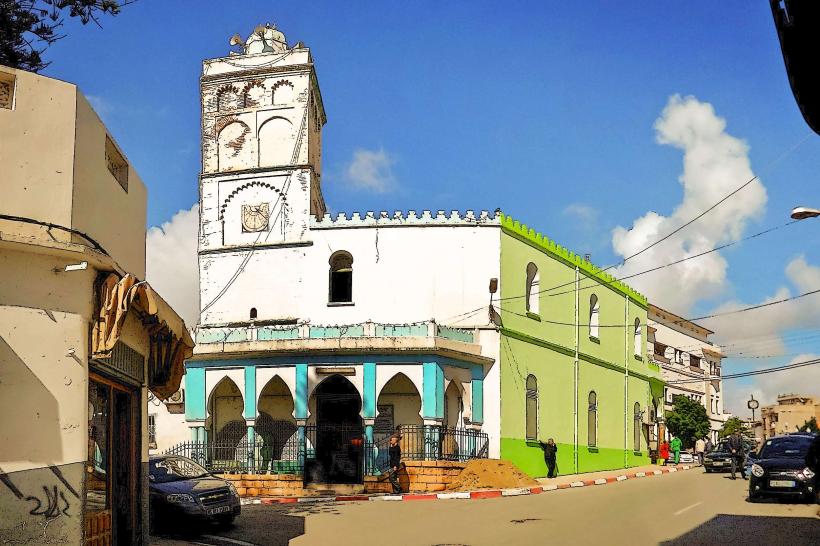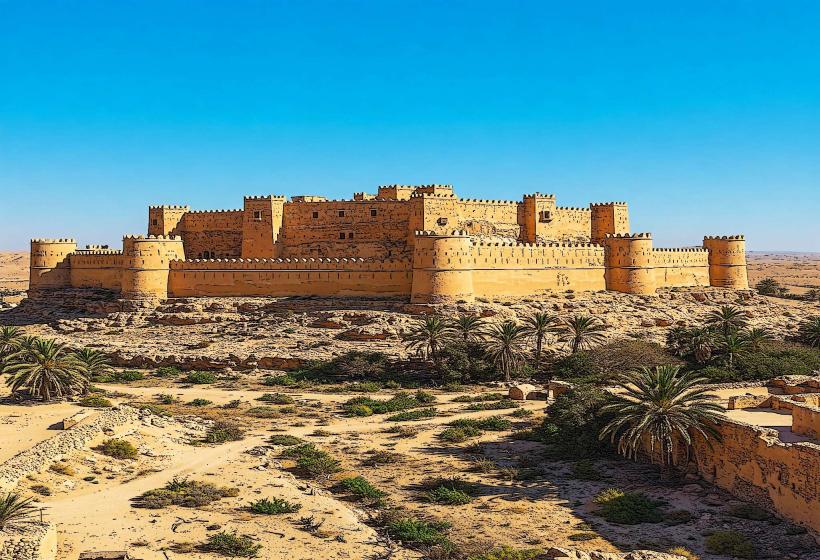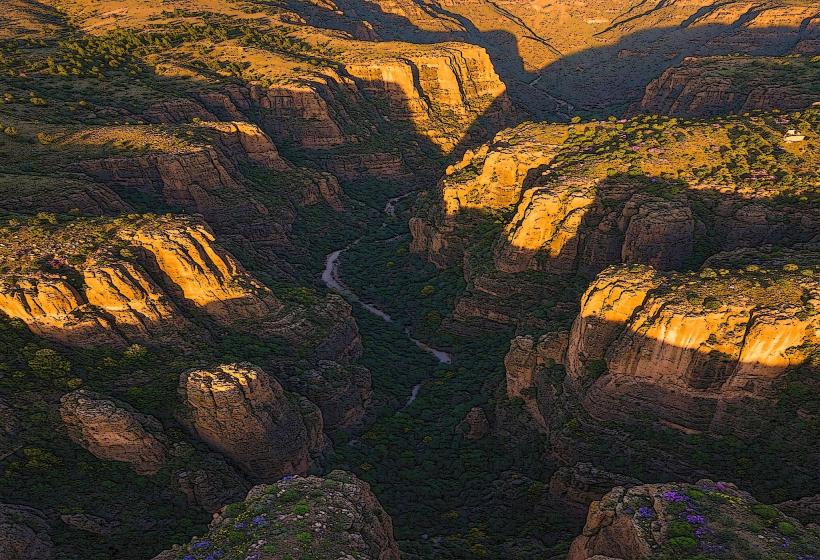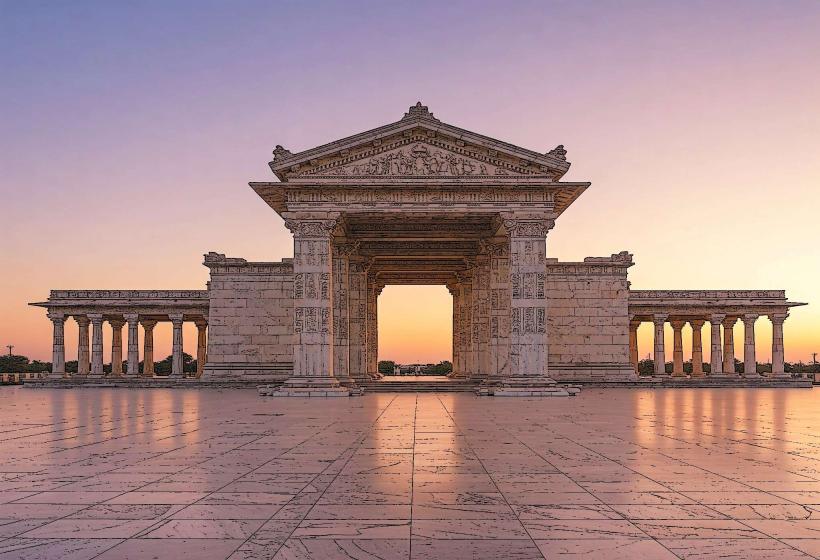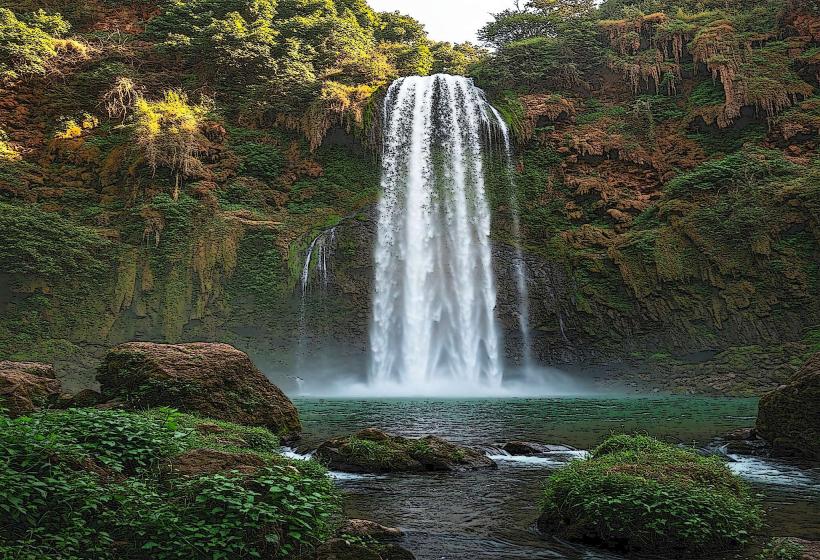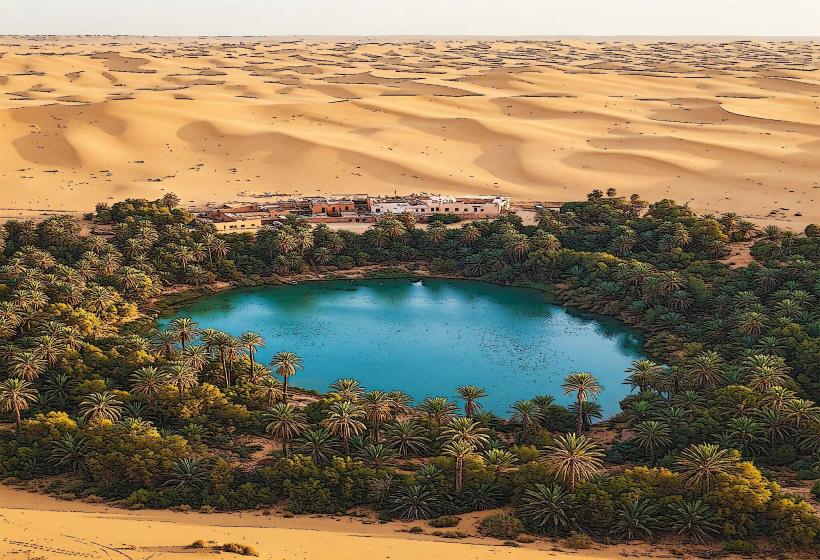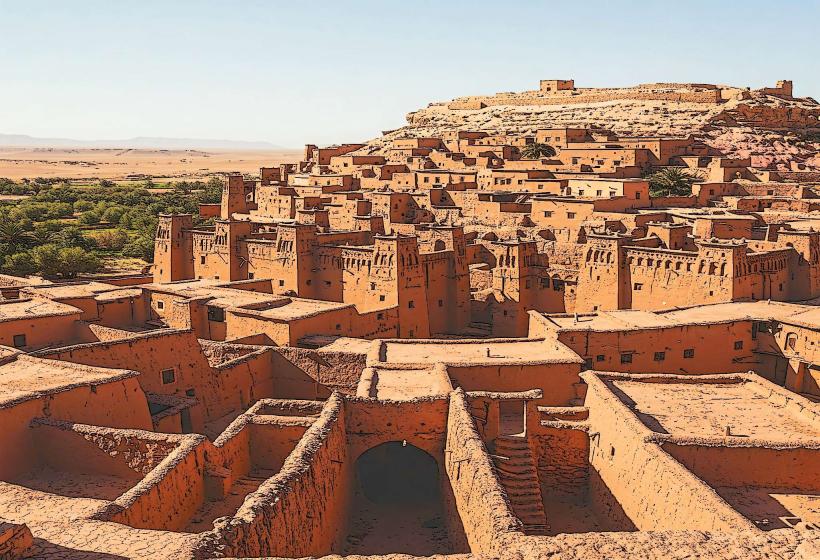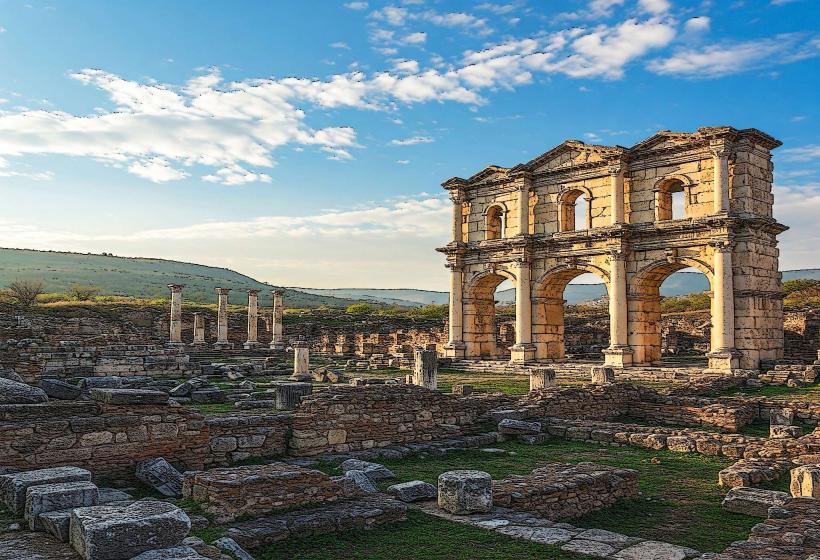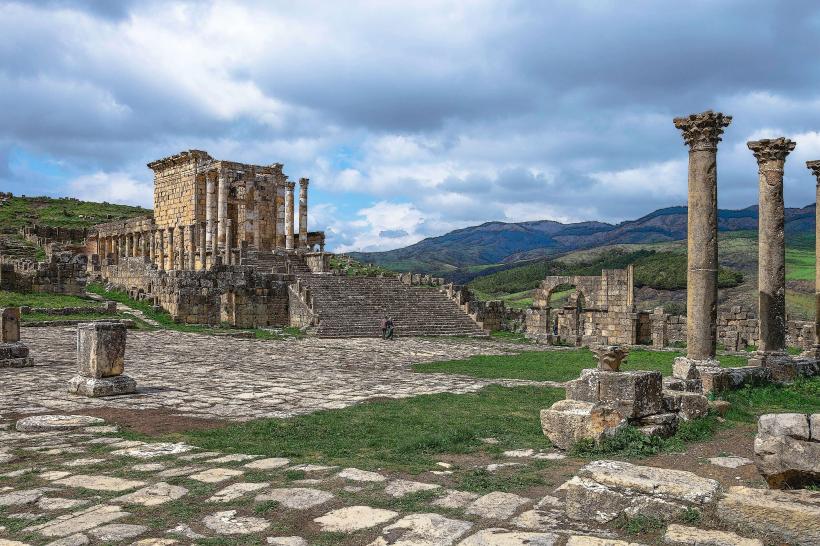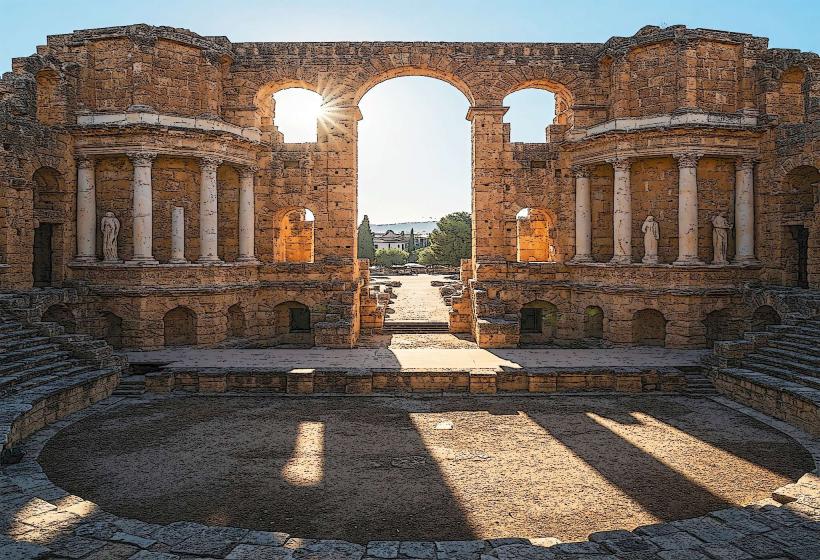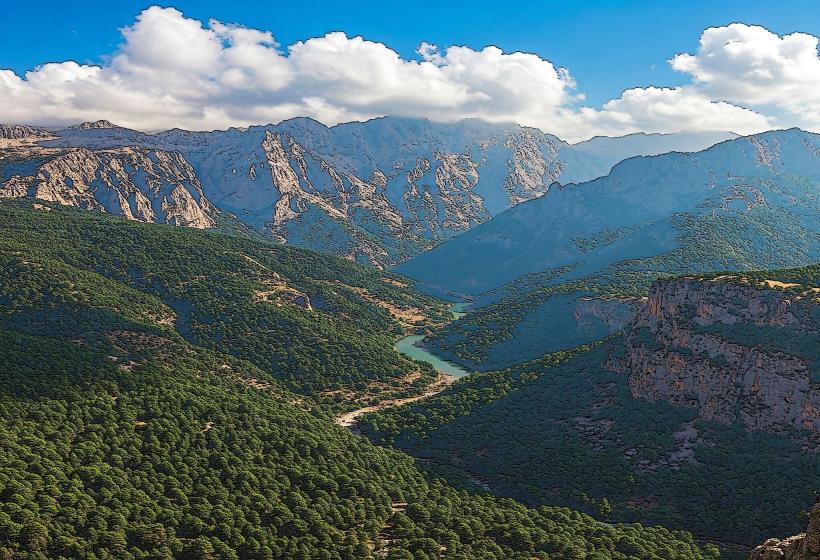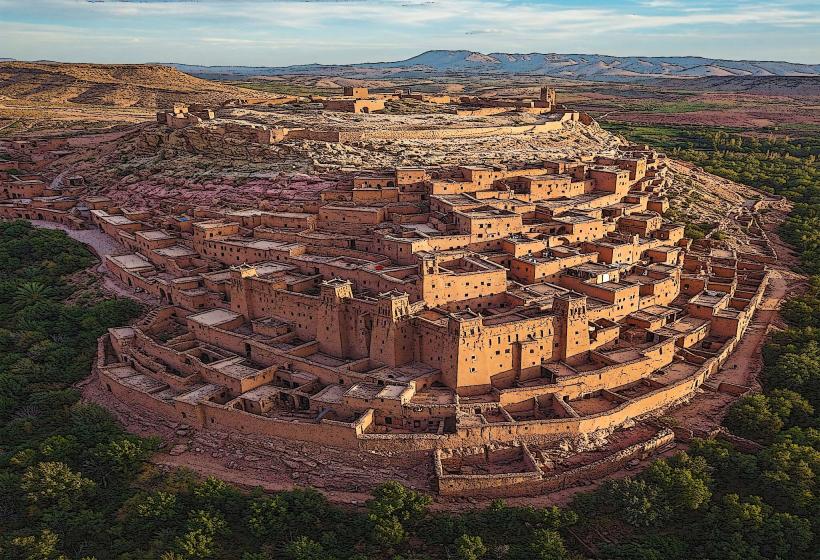Information
Country: AlgeriaContinent: Africa
Algeria, Africa
Algeria is a sovereign state in North Africa with the largest landmass on the continent. Its economy is heavily centralized around hydrocarbons (oil and natural gas), though 2026 marks a significant push toward digital transformation and infrastructure expansion; the capital is Algiers.
Visa & Entry Policy
As of January 11, 2026, Algeria maintains a restrictive visa policy for Western nations.
Paper Visa Mandatory: EU, US, and UK citizens must obtain a physical visa from an Algerian embassy or consulate prior to travel. Visas on arrival are generally not available except for specific organized tour groups arriving via cruise ship.
Requirements: A passport valid for at least six months, two copies of the application form, identity photos, and travel insurance.
Documentation: Applicants must provide a legalized certificate of accommodation (from a host in Algeria), a confirmed hotel reservation, or a certificate from an authorized travel agency.
Biometrics: Fingerprints and digital facial photos are collected during the application process or upon entry at Houari Boumediene Airport (ALG).
Language & Communication
Official Languages: Arabic and Tamazight.
French: Serves as the de facto lingua franca for business, higher education, and administration.
English: Proficiency is increasing among the youth and in the technology sector but remains low in general public interactions.
Communication: Use of local "Darja" (Algerian Arabic) is near-universal in informal settings.
Currency & Payment Systems
The official currency is the Algerian Dinar (DZD). As of January 2026, the exchange rate is approximately 130 DZD to 1 USD.
Cashless Initiative: Following the Finance Act 2025, the government has enforced a strict transition to digital payments. As of January 2026, all retailers are legally required to provide Electronic Payment Terminals (EPTs) or face heavy fines.
Digital Wallets: Mobile payment via QR codes is the primary strategic solution for small vendors and traditional markets to bypass physical terminal costs.
Banking Shift: The Bank of Algeria has significantly restricted cash deposits for business accounts to curb the informal economy.
Currency Exchange: A significant "parallel" (black) market for Euros and Dollars exists (notably at Port Said in Algiers), often offering rates substantially different from the official bank rate.
National Transport Grid
Mining Railway: The Bechar–Tindouf–Gâra Djebilet railway corridor (950 km) is in its final construction phase in 2026, designed to link the massive iron ore mines in the southwest to the national grid.
Trans-Maghreb Highway: The final 45 km segment linking the northwest to the Tunisian border is operational as of early 2026, completing the Algerian portion of the continental corridor.
Urban Transit: Algiers features an expanding Metro and Tramway network. The Metro d'Alger extension toward the airport is a primary infrastructure focus for 2026.
Air: Air Algérie remains the dominant carrier, with 2026 seeing expanded direct routes to African and Asian capitals as part of a regional hub strategy.
Digital Infrastructure
5G Launch: Algeria officially entered the 5G era in December 2025. As of January 2026, 5G services are active in eight pilot provinces, including Algiers, Oran, and Constantine.
Operators: Mobilis, Djezzy, and Ooredoo are executing a six-year roadmap to achieve nationwide 5G coverage.
Digitization: The "Digital Algeria 2030" strategy has reached a milestone in early 2026, with 75% of public services digitized. Citizens now have remote access to administrative documents and an electronic land register.
Connectivity: Fiber-optic expansion is a priority; however, 4G remains the primary reliable data standard for the majority of the population in early 2026.
Climate & Seasonality
Mediterranean North: Mild, wet winters and hot, dry summers. Best visited in Spring (March–May) or Autumn (September–October).
Sahara South: Arid and extreme. Winter days are pleasant, but nights can drop below freezing. Summer temperatures frequently exceed $45°C$.
Sirocco: Hot, dust-laden winds from the desert can affect the north during summer months.
Health & Safety
As of January 2026, travel advisories maintain a Level 2 (Exercise a High Degree of Caution) for Algeria.
Terrorism/Kidnapping: High risk remains in rural, mountainous, and border regions. Most Western governments advise against all travel within 30km–50km of the borders with Libya, Mali, Mauritania, Niger, and Tunisia.
Escorts: Independent travel to the southern Sahara or remote interior often requires a mandatory police or military escort arranged through a local travel agency.
Health: Tap water is generally not potable; bottled water is mandatory. Polio, Typhoid, and Rabies are present risks.
Laws: Photographing military, government, or police installations/personnel is strictly prohibited and can lead to arrest.
Emergency: Police 17 or 1548; Fire/Ambulance 14.
Top 3 Major Regions & Cities
Algiers (The White): Administrative and cultural heart; home to the Casbah (UNESCO site).
Oran (The Radiant): Major port city known for its musical heritage (Raï) and Spanish-influenced architecture.
Constantine (City of Bridges): Historic city built on a plateau split by a deep ravine.
Local Cost Index
1L Water: 35 DZD ($0.27 USD)
1 Domestic Beer (0.5L): 250 DZD ($1.90 USD)
1 SIM Card (20GB+ Data): 1,500 DZD ($11.50 USD)
Facts & Legends
Algeria is home to the Tassili n'Ajjer, a vast plateau in the Sahara containing over 15,000 prehistoric cave engravings and paintings. Local folklore includes the story of Baba Merzoug, a legendary 16th-century cannon that protected Algiers for centuries. Historically, Algeria was the "Granary of Rome" and later spent 132 years under French colonial rule before a bloody war for independence ending in 1962. Geologically, the Ahaggar Mountains in the south contain the Assekram, often cited as having one of the most beautiful sunrises in the world.

